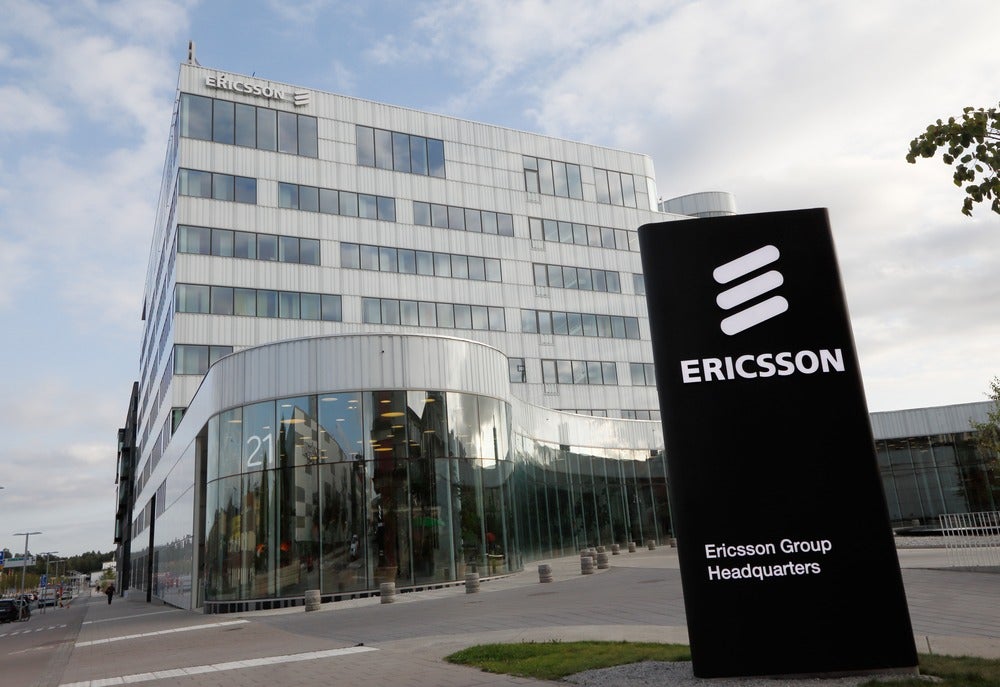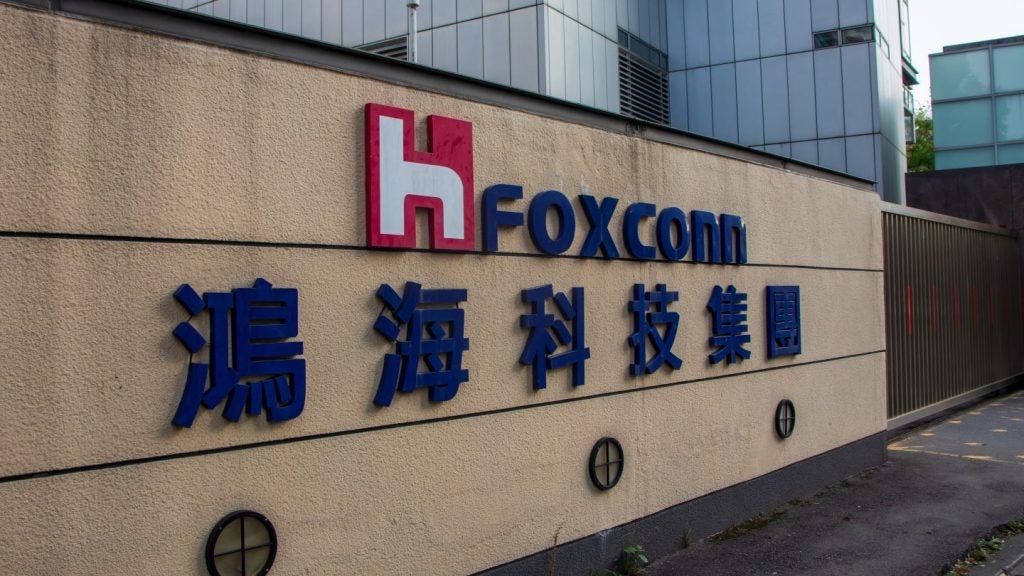
Ericsson remains optimistic about the 5G rollout despite the coronavirus pandemic and the “ludicrous” conspiracy theories that surround it.
The Swedish telecommunications giant held the first of its online events series called Ericsson Unboxed Office, an opportunity for the company to share demos, research and insights, where it provided an update on its telecoms efforts in 5G and beyond.
Network traffic
Ericsson was one of the first companies to withdraw from the annual Mobile World Congress back in February, and due to the ongoing coronavirus pandemic, has missed out on the usual opportunities to meet with customers and industry colleagues in-person.
The telecommunications industry has been in the spotlight over the last few months, with the increase in remote working, online education and video calling highlighting the importance of reliable networks, with Virgin media reporting that daytime internet usage in the UK has almost doubled under lockdown.
Ericsson has reported that network traffic has increased between 20% and 100% in some markets, with a rapid shift from business to residential areas. Ericsson’s Consumer Lab, which surveyed roughly 12,000 customers across 11 markets, reported that users are now spending 2.5 extra hours a day connected to Wi-Fi. Mobile broadband usage has also grown by an hour, with the use of social media, long-format video streaming, gaming and business applications all increasing.
Ahead of Ericsson’s Mobility Report, due to be published in the coming months, the company has observed spikes in voice and video traffic and more peaks in usage throughout the day. Although this presents challenges for network operators, Patrik Cerwall, head of strategic marketing at Ericsson said that “networks are not strained” and are “coping quite well”.
How well do you really know your competitors?
Access the most comprehensive Company Profiles on the market, powered by GlobalData. Save hours of research. Gain competitive edge.

Thank you!
Your download email will arrive shortly
Not ready to buy yet? Download a free sample
We are confident about the unique quality of our Company Profiles. However, we want you to make the most beneficial decision for your business, so we offer a free sample that you can download by submitting the below form
By GlobalData5G predictions have risen
As expected, 5G was a key focus of Ericsson Unboxed Office. The company has emerged as one of the frontrunners in the 5G rollout, with 33 live 5G networks in four continents, and 91 commercial 5G agreements and 45 publicly announced 5G contracts.
In March, Huawei vice-president Victor Zhang said that the rollout of 5G networks in Europe would “certainly be delayed” by the coronavirus pandemic and the The 3rd Generation Partnership Project has delayed the release of its 5G standards by three months.
A number of countries, including Spain, Poland, France and Austria, have also delayed 5G spectrum auctions.
However, despite the coronavirus pandemic and the uncertainty it has caused in many industries, Ericsson has in fact increased its estimates for 5G subscriptions. In November 2019, the company predicted that the number of 5G subscriptions worldwide would reach 2.6 billion by 2025, predicting in January that subscriptions would reach 100m by the end of 2020, but this has been revised.
“At the beginning of this year we talked about 100m 5G subscriptions globally by the end of this year. Now we need to revisit that number and increase our forecast during the pandemic for the end of this year,” said Cerwall.
“Especially in China, which in the first quarter was hit by the pandemic, it still has an increase in 5G subscriptions. In the rest of the world we see a slight decrease compared to our estimates. Because of the lockdown people are sitting at home and it’s not the time to go out shopping for 5G devices. This has some effect but overall there is an increase expected by the end of the year. In Europe there’s talks of postponing some spectrum auctions which also has an effect. But long term if you look at 2025, right now in our model we’re looking at some 2.8 billion 5G subscriptions by 2025 and that’s a little bit more than we said in November. So we will get back to the trajectory pretty fast after this year.”
5G misinformation: Ericsson on how the technology could have helped coronavirus response
Ericsson published its Q1 results last month, and reported “limited impact from the Covid-19 pandemic”.
This is despite the spread of misinformation connecting 5G to coronavirus. Jasmeet Singh Sethi, head of Consumer Lab at Ericsson explained that unfounded conspiracy theories have not significantly altered consumer sentiment, with many acknowledging the role 5G could have played in responding to the pandemic.
“Overall we don’t see the conspiracy theories actually impacting consumer sentiment towards 5G. We still see that about six in ten consumers globally are positive towards the role of 5G and especially the role 5G could’ve played in this crisis,” he said.
“From how 5G could’ve accelerated this push towards immersive technologies like augmented reality and virtual reality eventually impacting areas like learning for children but also the impact 5G could’ve had on the healthcare sector. Imagine a specialist being able to control a lot of medical equipment remotely but also patient monitoring, therapy: all these areas where we could see the intervention of robotics and exoskeletons and assistive robots would’ve helped safeguard our frontline workers as well as our doctors from being over-exposed.
“About four in ten consumers globally believe that it would’ve been great if the rollout of 5G could’ve been acellerated. In a long-term perspective we do see that the resilience will be expected on the network side and that’s where the role of 5G comes in in preparing consumers for a future crisis. Despite the fact that in certain markets the 5G rollout is very new and recent, we still have about 20% of workers saying they will upgrade to a 5G plan in order to prepare better for a future crisis.”
“5G will play a very important role moving forward”
Börje Ekholm, Ericsson President and CEO also addressed the issue, saying that he was “astounded” by such theories.
“We are well aware of the ludicrous conspiracy theories, linking 5G to Covid-19. I’m simply astounded by the notion, but I think it demonstrates the level of fear we currently have in society. The World Health Organisation clearly states that 5G mobile networks do not spread Covid19. As they point out, viruses cannot travel on radio waves or mobile networks, and Covid-19 is spreading in many countries that do not even have 5G mobile networks,” he said.
“The fact that our brave engineers working in the fields have been threatened and in some countries, telecom masks have been burned, is hard to fathom. We support all public and private stakeholders who are promoting the facts about 5G.
“Given the importance of connectivity and 5G in particular as critical national infrastructure, we certainly believe that it is in the public interest to ensure that pervasive, high quality, affordable and secure networks are available when and wherever they may be required. 5G will unlock the potential of the fourth industrial revolution and will be the cornerstone upon which a country’s relative competitiveness is built.”
As lockdown measures are eased in the future, countries will look to kickstart their economies. Cerwall expressed that 5G will be key in ensuring economies continue to innovate after the coronavirus pandemic.
“It is obvious that 5G will play a very important role moving forward. Right now the operators are doing a fantastic job with keeping the network running and coping with the situation as is. My personal view is that by the end of this pandemic, even though many countries are in lockdown, once we’re getting out of that situation, economies will need to kick-start and they will need to secure investment in new innovation, in new technology,” he said.
“At that time operators need to be ready with their 5G networks to capture a lot of that innovation. So continuously investing and putting effort into getting networks ready with 5G to be ready when everything is over is a good thing to do.”
Read more: IBM launches AI and edge computing products at virtual Think Digital conference.







